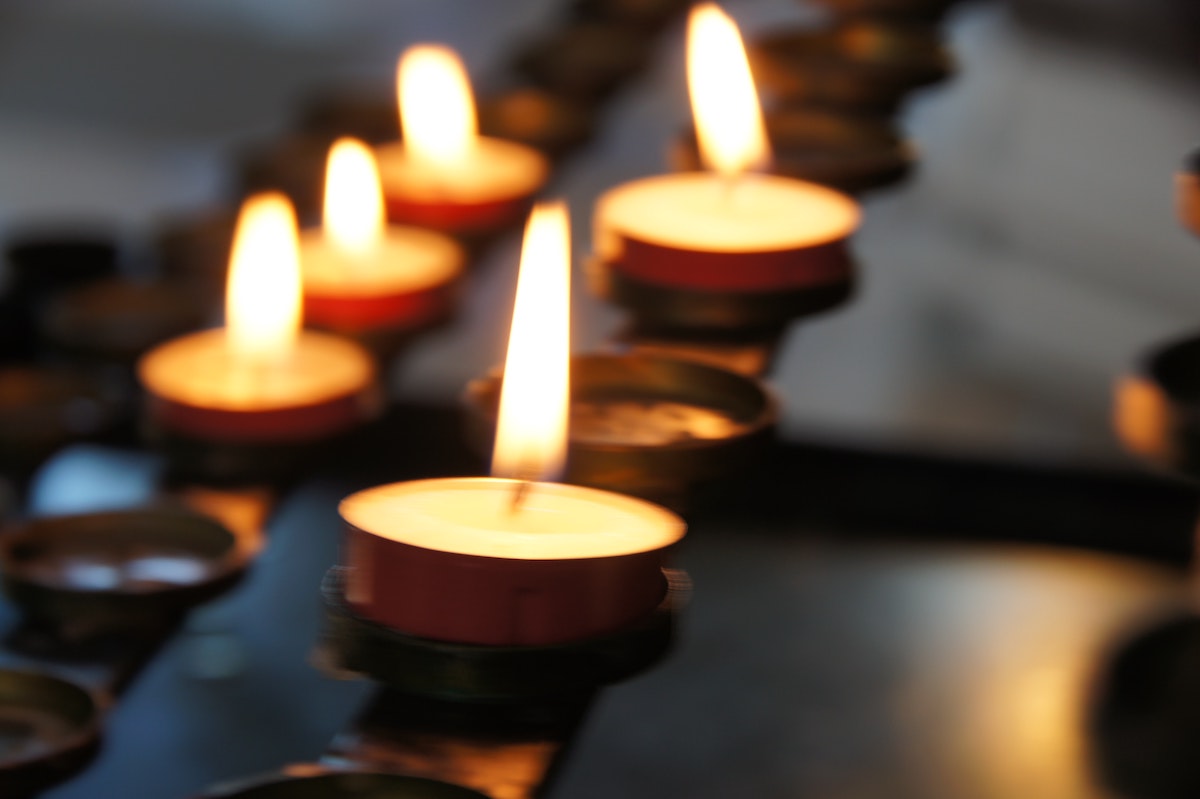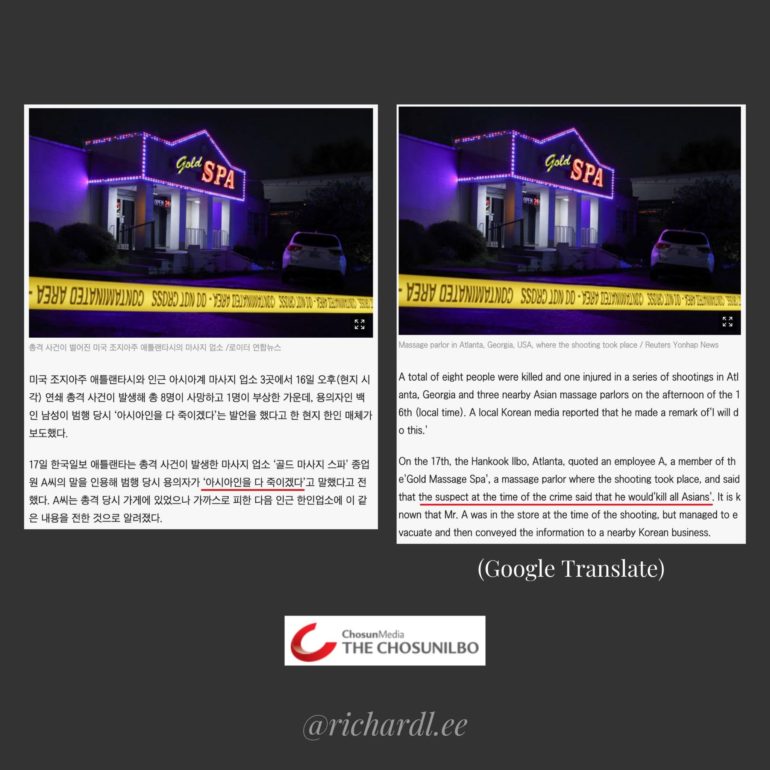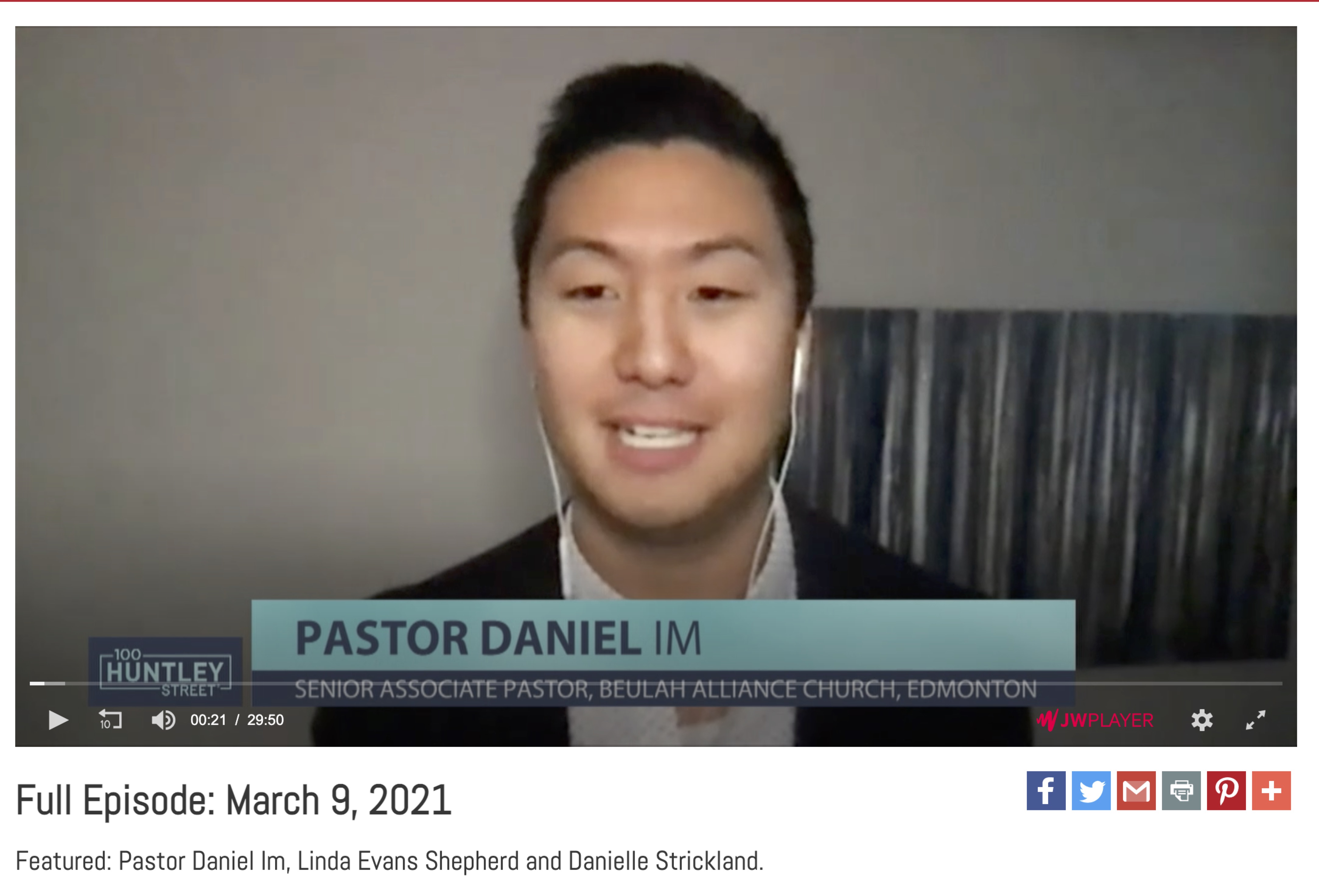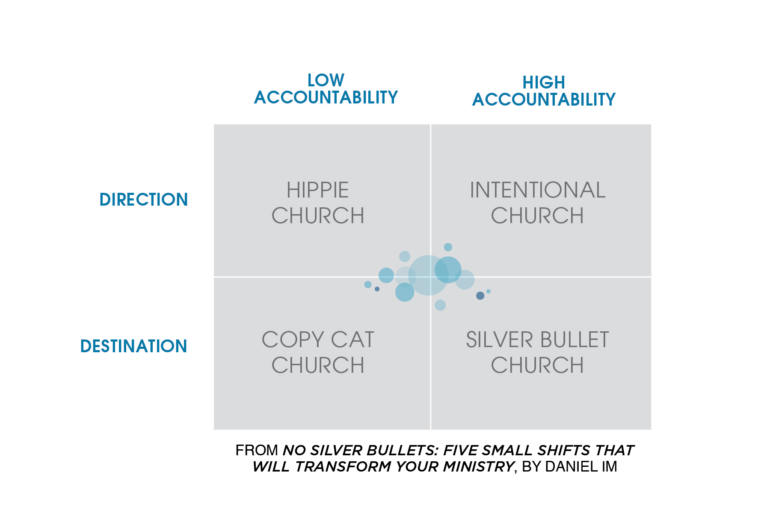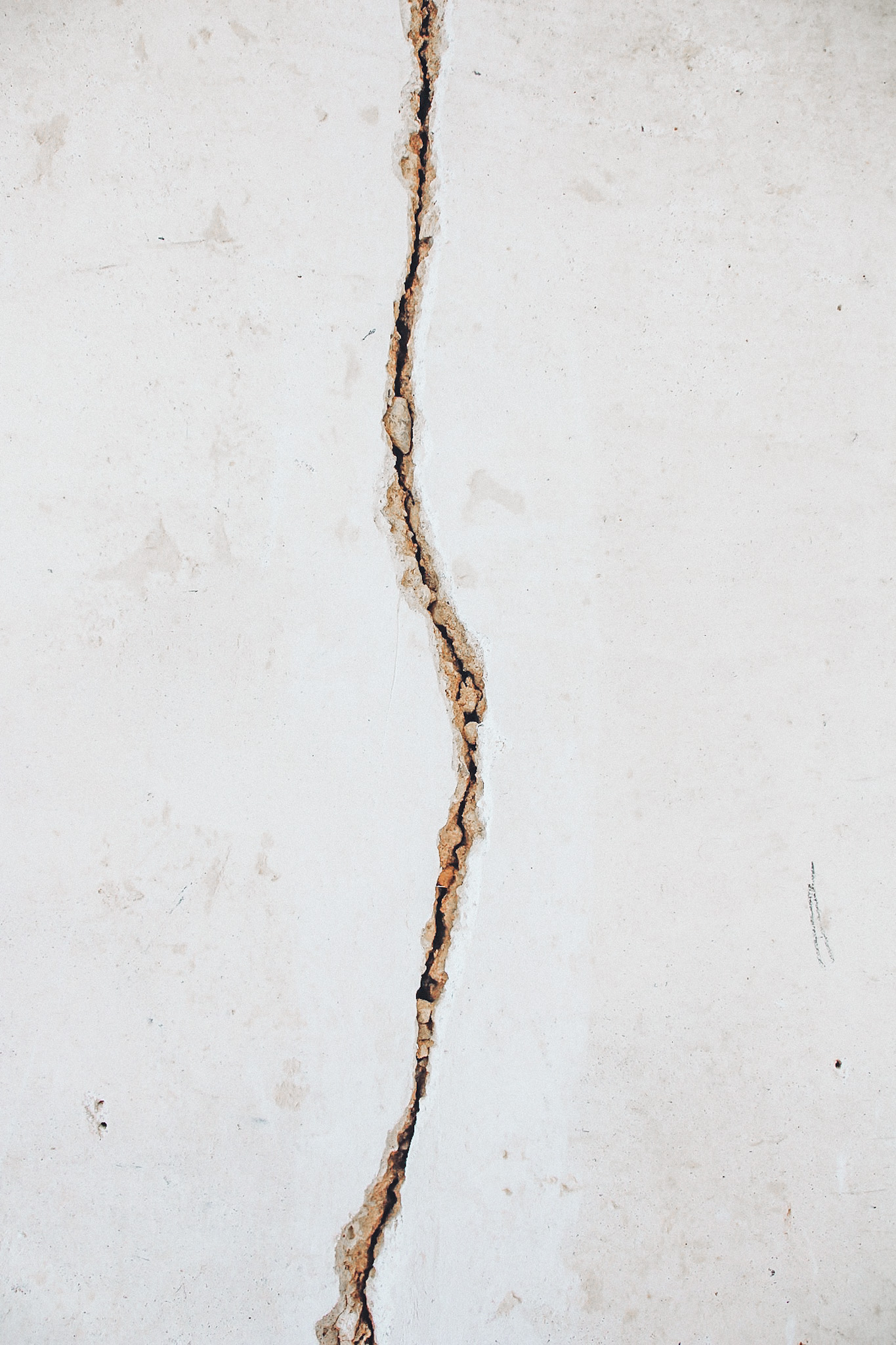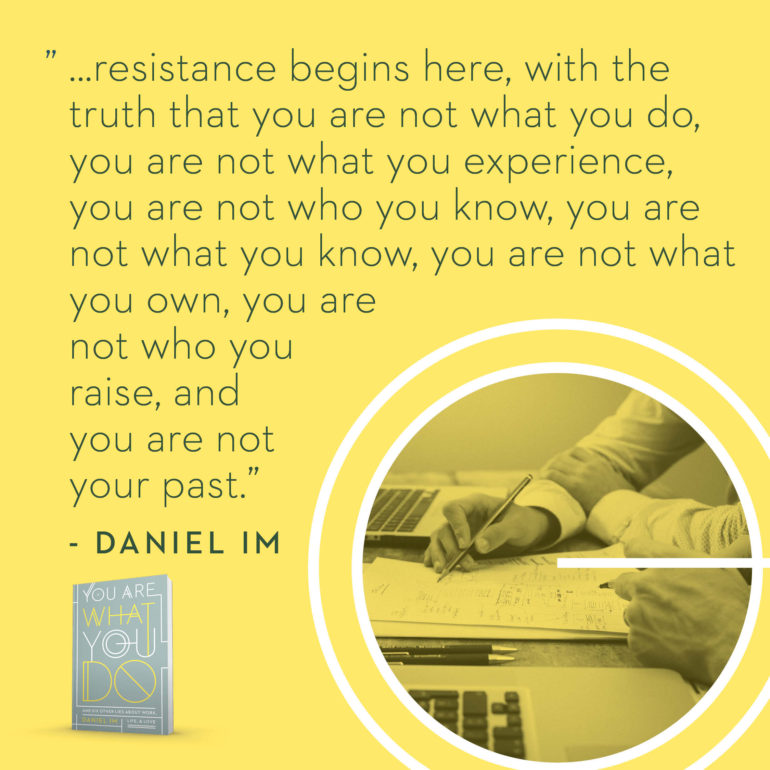*** If you’d like to dig deeper into the content of this article, I want to invite you to pick up a copy of my newest book, The Discipleship Opportunity: Leading a Great-Commission Church in a Post-Everything World. In this book, I unpack everything in this article in a deeper and more thorough manner. ***
Take a look at this quadrant that I’ve been developing over this past year.
Where would you place yourself and the people in your church?
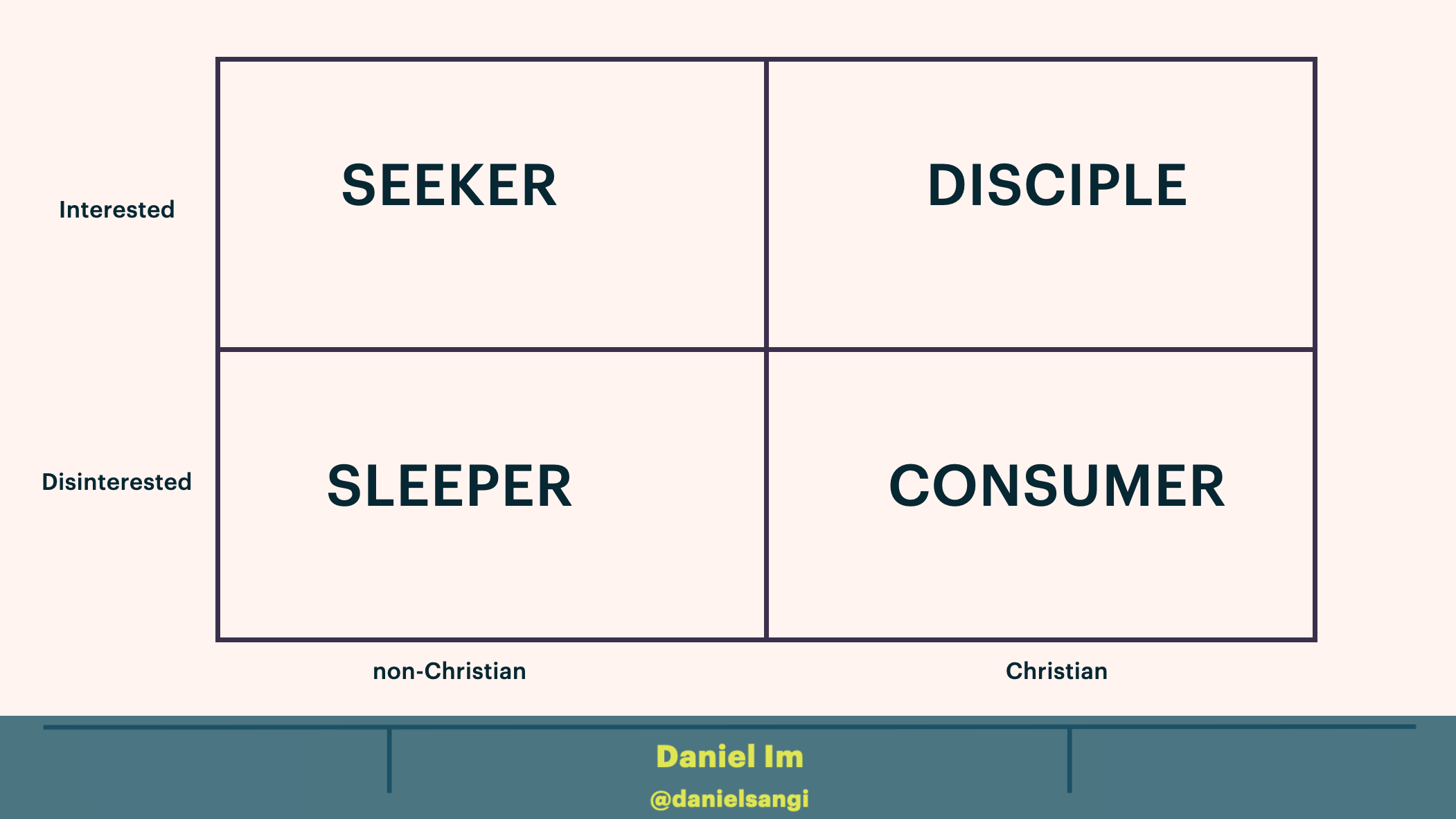
- SEEKERS are individuals who are interested in Jesus, but not yet Christian
- CONSUMERS are individuals who are Christian, but not quite interested in Jesus
- SLEEPERS are individuals who are spiritually asleep to Jesus—so they’re neither Christian nor interested in Him
- And DISCIPLE-MAKERS are individuals who are both Christian and interested in Jesus
Do you remember the Engel Scale?
It’s a scale that represents an individual’s spiritual journey from non-Christian to Christian (see the horizontal axis in Figure 1). At the far end of the left side, you have someone who doesn’t know or understand the gospel. At the far end of the right side, you have someone who is living fully surrendered to Jesus—proclaiming the gospel in word and in deed. And the middle point is the point of salvation where an individual repents and confesses with their mouth that Jesus is Lord and believes in their heart that God raised him from the dead (Rom 10:9).
For the last few decades, one of the predominant models of ministry in the West was doing anything and everything to help people move along this line.
However, the problem with this model is that it’s linear—it assumes people are interested in Jesus. As a result, it assumes that non-Christians are interested in becoming Christian, which would make them SEEKERS. And it assumes that Christians are interested in fully living out the Great Commission to go and make disciples of all nations (Matthew 28:19), which would make them DISCIPLE-MAKERS.
But as we’ve seen over the pandemic, not everyone is actually interested in Jesus.
When churches went exclusively online, there was less and less of a reason for non-Christians to “go to church.” Especially if they weren’t actually interested in Jesus…and the only reason they went was because of some sort of external or extrinsic motivational factor, like social pressure, a parent dragging them, or because they wanted to meet someone.
Although, to some extent, this has always been happening on one level or another, we’ve seen over the past year—en-masse—what happens when a non-Christian is disinterested in Jesus, and there’s no external pressure on him or her to “go to church.” They fall asleep spiritually; in other words, they become SLEEPERS!
This is a major theme in the Scriptures—that though someone might look alive, they’re actually spiritually asleep.
“Besides this, since you know the time, it is already the hour for you to wake up from sleep, because now our salvation is nearer than when we first believed. The night is nearly over, and the day is near; so let us discard the deeds of darkness and put on the armor of light.” (Romans 13:11-12 CSB)
“Wake up, my soul!” (Psalm 57:8 CSB)
“Awake, O sleeper, rise up from the dead, and Christ will give you light.” (Eph 5:14 NLT)
In the same way, when there’s no external pressure on a Christian to “go to church,” and someone is actually in fact, disinterested in Jesus, we see that they often drift into consumption mode and become CONSUMERS.
- e.g. “If I miss out on this week’s service, no one is going to notice…I’ll just watch later I guess…”
- e.g. Or, “Oh wow, look I can stream the service from _______ church, _______ church, and _______ church!!!”
So What?
Do you know that saying, “to focus on everything is to focus on nothing”? Or, “trying to do everything means you’ll eventually accomplish nothing?”
Well, I believe that’s true for ministry—especially in light of this quadrant. Trying to find a silver-bullet strategy that reaches all of these quadrants at once is like looking for the silver bullet—it’s a myth and it doesn’t exist. There are no silver bullets.
And then, to try to find a different strategy to reach each of these squares in an equal and unique way would also be ineffective, especially if you know what the 80/20 principle is.
So, in light of this quadrant and everything that’s happening in our increasingly post-Christian culture, where should our focus be?
Well, if you want to begin developing a culture of DISCIPLE-MAKERS in your church, then my recommendation is to focus on the interested, and here’s why:
- The SLEEPERS (the disinterested non-Christians) have already left your church because why would they tune in online? And why would they wear a mask and put themselves potentially at risk by going to your service in-person? They’re asleep spiritually.
- The CONSUMERS (the disinterested Christians) will keep on consuming whatever you put in front of them without giving back. And if they don’t like it, they’ll just change churches if they haven’t already done so! You can never satisfy consumers.
So, to begin developing a culture of disciple-makers in your church, you need to focus your preaching, programming, and plans on the interested! You need to focus on those who are SEEKING after Jesus, and those who are MAKING DISCIPLES of Jesus.
So here are a few practical ways to begin developing a culture of disciple-makers in your church through your preaching, programming, and plans:
1. Preaching
This first point is all about being aware of who you are communicating to.
In the heyday of the seeker-sensitive movement, many churches focused predominantly on non-Christians. They would put on musicals, play secular music, do large outreach events, and preach felt-need sermons to try to interest non-Christians in Jesus, in order to eventually lead them to a decision of faith.
And while their focus was predominantly on non-Christians, I don’t know of any seeker-sensitive church that did this at the exclusion of making disciples—they obviously wanted the Christians in their church to be and make disciples! As a result, many of these churches created opportunities for Christians to dive deeper on Wednesday night because the weekends were for non-Christians. And for the Christians who took advantage of opportunities like these, many of them did in fact become DISCIPLE-MAKERS.
But what about the rest of the Christians who didn’t? They unintentionally drifted into becoming CONSUMERS, and then many of them subsequently either left their church for another church that would give them “meat,” or they just stayed and consumed because they were never challenged on the weekends to become a disciple-maker (See Figure 2).
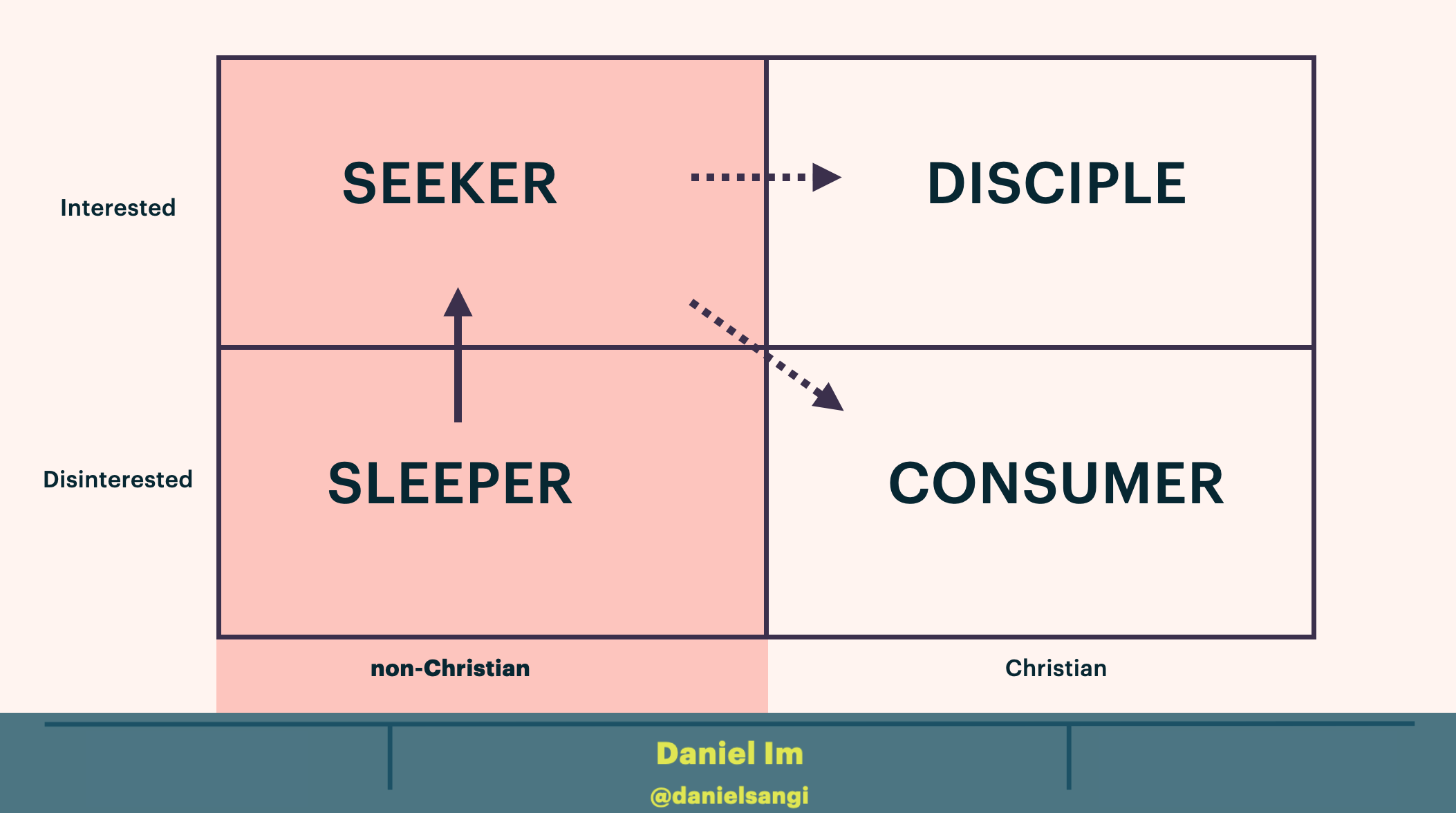
Because the predominant paradigm was to focus either on non-Christians or Christians, this is what we got!
We either had seeker-sensitive churches that won many non-Christians to Christ, but ended up producing more CONSUMERS than DISCIPLE-MAKERS (see Figure 2). Or, we had churches who focused on Christians hoping to make disciples, but unintentionally ended up building a wall where evangelism was very weak or non-existent—and along the way, also ended up contributing to the problem of consumerism in the church (see Figure 3).
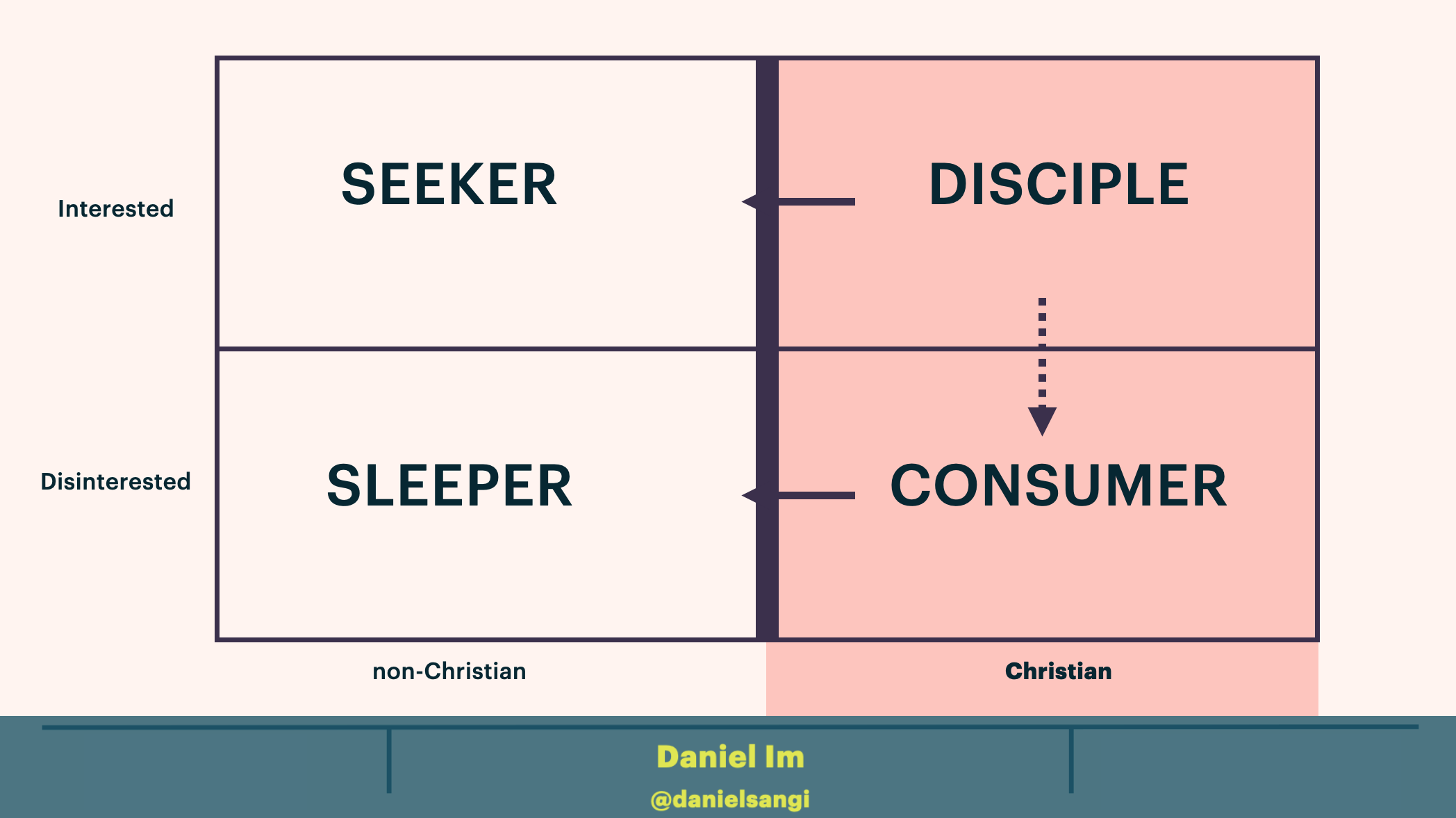
So what do you think your preaching would look like if you focused on the interested?
…which, in this new paradigm includes both non-Christians and Christians?
In preaching, you aren’t trying to convince the SLEEPERS to come to church with a topical series, nor are you trying to interest them in Jesus or the things of the soul (you aren’t ignoring them either). And regarding the CONSUMERS, neither are you catering to whatever they want or being content with having a low-bar to discipleship. Instead, you are preaching to those who have made the effort to come and worship together with you—to the interested who are there today.
So on the one hand, you’re preaching to seekers who are interested in exploring life, faith, and meaning together with others (while also inviting them to cross the line of faith). And on the other hand, you’re preaching to Christians who are interested in knowing Jesus deeply and being known by him fully (while also challenging them to not just be disciples, but to become disciple-makers).
2. Programming
So if our focus is on the interested—both the interested non-Christians and the interested Christians—how do we approach programming?
In one of my previous books, No Silver Bullets, I present this paradigm to help churches understand the components they need to develop a discipleship pathway in their church (see Figure 4).
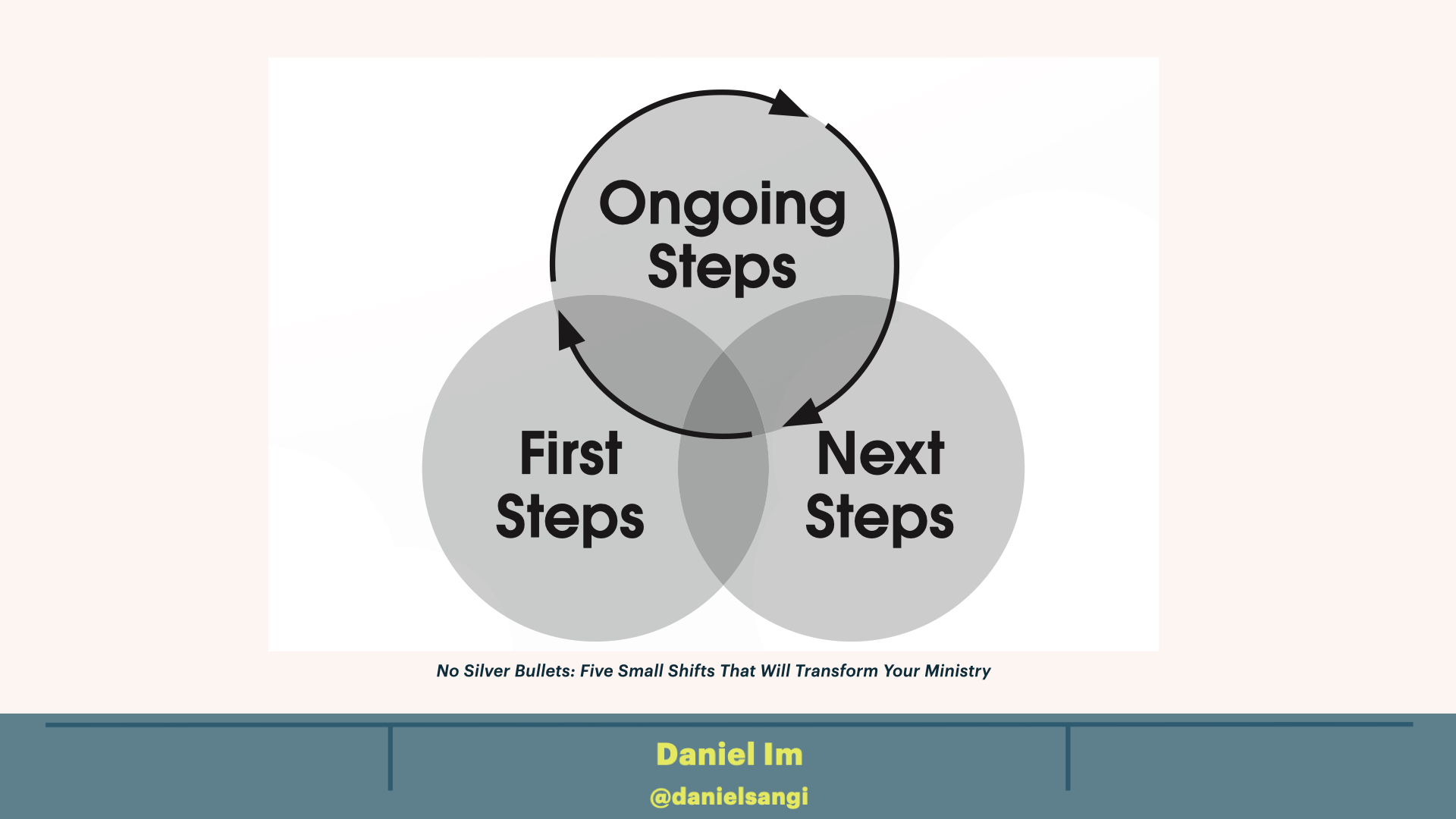
First Steps are all about helping newcomers take their first step at your church. So this could include a newcomers class or your guest services process. Next Steps are short-term, temporary experiences to help people take their next step at your church (In No Silver Bullets, I articulate three different types of Next Steps: Discover, Deepen, and Deploy Next Steps). And Ongoing Steps are the practices for spiritual growth that an individual will never grow out of. Ongoing Steps are all about helping people learn how to own the responsibility for their own spiritual growth and how to feed themselves. Essentially, Ongoing Steps help individuals grow into DISCIPLE-MAKING disciples.
So, when you consider designing programming for this quadrant, there are specific steps to focus on in each square:
- For SEEKERS, you want to focus on First and Next Steps. First steps will help you meet these individuals, so that you can help them take their Next Step to Discover who Jesus is (perhaps through a class like Alpha), or to be deployed into a service opportunity.
- For DISCIPLE-MAKERS, you want to focus on Next and Ongoing Steps. In a Deepen Next Step, you can teach things like spiritual practices or disciple-making tools to help these individuals learn to self-feed and own the responsibility for their spiritual growth. The point of Next Steps is to then direct them toward Ongoing Steps, so that they can continually grow as disciples who make disciples.
- For SLEEPERS, there is no formal programming. Rather, the point is to equip and empower the DISCIPLES and DISCIPLE-MAKERS in your church family to pray and to neighbour well with those they live, work, study, and play with by living out paradigms like B.L.E.S.S.. You want to help your church recognize that just like Jesus partnered with Ananias to help awaken Saul from his spiritual slumber (see Acts 9), Jesus wants to partner with you and I to help awaken the spiritually asleep to new life in Christ. Jesus is the one who does the work of awakening and heart change, but he chooses to use us (see 1 Corinthians 3).
- For CONSUMERS, there is no formal programming to reach them either. Instead, the point is to equip and empower the DISCIPLES and DISCIPLE-MAKERS in your church family to continually be in relationship with those in and around them, be available for God to use them, and to pray for the spiritual consumers that they know. But you should never try to appease the consumers in your church because it will never be enough. Instead of lowering the bar, you need to raise the bar and focus your programming on those who are interested, not disinterested. It’s the Holy Spirit’s role to awaken the disinterested, and it’s our role to be ready to partner with the Holy Spirit when the time is right (which is why we need to stay in relationship with those who are disinterested). By the way, the tell-tale sign to identify a CONSUMER is to look for someone who is jumping from one Next Step experience to another (they don’t want to enter into Ongoing Steps because they want everything done for them).
3. Plans
What does planning look like if our focus is on the interested—both the interested non-christians and the interested Christians?
Well, instead of focusing on people’s felt-needs, we need to re-learn and re-emphasize a robust Kingdom theology to be able to minister to our increasingly post-Christian culture. We need to recognize that the Kingdom of God is here, it’s growing, and it will eventually be everywhere like we read about in the parable of the mustard seed and leaven (Matthew 13:31-33).
So this means that Jesus is King—today.
And he is ruling as King over his Kingdom—today.
But today, his kingdom isn’t everywhere.
Yet his kingdom rule is continuing to grow.
And it will continue to grow until he is ruling as King everywhere!
As a result, instead of thinking that it’s our responsibility to change someone’s heart, move them across the line of faith, or guilt and shame them into a deeper relationship with Jesus, we need to trust that Jesus is King and the Great Shepherd who is watching over, and aware of all of his sheep—his found sheep and his lost ones too!
So our responsibility is to be like Ananias who was invited to partner with Jesus to awaken Saul to Himself. And we need to be like Ezekiel, who was invited to partner with God to awaken the dry bones. God is the one who awakens, so let’s focus on those whom he has already awakened—the interested (both the seekers and the disciple-makers)—and let’s be ready to partner with him to awaken the SLEEPERS and CONSUMERS when He sees fit.
So let me end with this question, when you look at this quadrant, who do you want your church to be full of?
And who do you need your church to be full of, in order to be a part of seeing God’s Kingdom come and His will be done in your city as it is in heaven?

*** If you’d like to dig deeper into the content of this article, I want to invite you to pick up a copy of my newest book, The Discipleship Opportunity: Leading a Great-Commission Church in a Post-Everything World. In this book, I unpack everything in this article in a deeper and more thorough manner. ***



